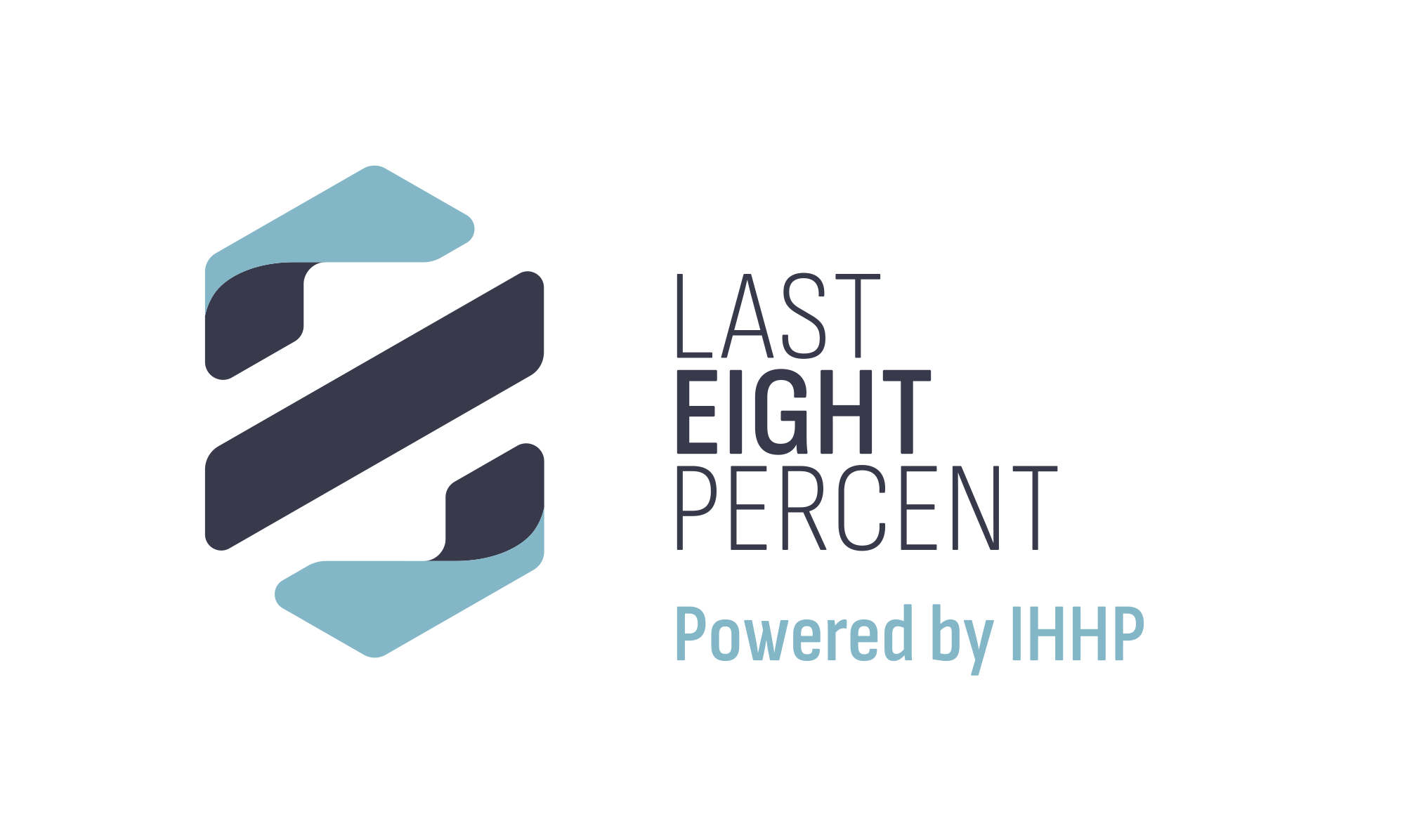Here we are in the 2020’s and change remains the only constant for Learning and Development Professionals. The need for learning and skills development – or the building of human intelligence – has become recognized as a driver of business goals and improved organizational performance across all levels of an organization. In many organizations, L&D is taking it’s seat at the table of strategic planning and development. This strategic focus for learning and skills development, at all levels, has created a demand for training that is both scalable and ubiquitous – this often requires a new approach to training and many L&D professionals find that they need to develop, or hire, for new skill sets.
L&D Trends for 2020 – Look familiar?
As you search through the multitude of articles on this subject, you’ll find many trends that are familiar. They may be trends that have been on previous annual trend lists and yet have been slow to take hold; often due to expensive or high resource implementation. Virtual and augmented reality, AI, geofencing, and gamification (which has many meanings) are examples of trends that fall into this bucket. Other trends that have really started to take root and are continuing to grow are personalized experience, microlearning, ubiquitous (that’s everyone) access, rise of mobile, user experience (both training and platforms) and virtual (self paced or instructor led). One trend that has become, and continues to be a strong focus for L&D, is the rise of the importance of soft skills training.
Soft skills are essential skills…for everyone.
The idea that soft skills are essential for all individuals, is not a surprise for L&D. Soft skill offerings have regularly had a place on the corporate curriculum. For many organizations these skills were directed to either individuals who may have been identified as ‘challenging to work with’, or high potential leadership candidates, often as a subset of the skills required to lead. Over the last couple of years, the rise of automation and artificial intelligence has led many key organizations to publish research on the essential skills of the digital age and all of them identify soft skills as essential, for everyone.
- Out of 10 key skills identified by the World Economic Forum for the 2020’s, 5 key skills (people management, coordinating with others, emotional intelligence, negotiation, and service orientation) can be classified as soft skills.
- The McKinsey report on skill shifts due to automation, showed that emotional growth in-house spent on emotional and social skills, will grow across industries and it will only be outpaced by the growth in technological skills.
- Research conducted with Fortune 500 CEOs by the Stanford Research Institute International and the Carnegie Melon Foundation, found that 75% of long-term job success depends on people skills, while only 25% on technical knowledge. Soft skills definitely have caught the attention of Senior teams as they prioritize the skills required for them to compete in the new year.
Emotional Intelligence and the L&D Professional.
In addition to their importance to individual contributors, soft skills are an important skill-set for L&D professionals and it is important that the personal development of these skills is not overlooked. As we know, it’s common that people-centered professions spend much of their day focused on meeting other people’s needs and it can be challenging to prioritize their own needs. This can be true of people who work in L&D.
Emotional Intelligence is the essential soft skill.
When you look at the soft skills that are required by L&D, they include effective communication skills, teamwork, resiliency, respect, empathy, listening, adaptability, conflict resolution, flexibility, leadership and integrity. These skills are not only important for building relationships with your team and colleagues and across your organization, but also help you build better programs. At IHHP, our 20+ years of working closely with talent professionals and learners has helped us understand the connection of having Emotional Intelligence as the foundational skill that enables you to better develop the other soft skills. We often hear from learning professionals that their individual programs are not having the impact they had hoped. This is not because communication, working as a team or building resilience aren’t important skills to provide training for, it is often because individuals and teams are missing the base set of emotional management skills required to help them connect the impact their behavior has on their own reaction and responses and, the impact their behavior has on other people. For L&D professionals the skill of EI has multiple benefits in helping you achieve your goals in building relationships across the organization and providing a foundational skill-set for your own growth.
So while it is true that some L&D trends will come and go with each new year, the effects of digitization and automation are only going to grow exponentially. It will be important for L&D professionals to assess their own readiness for the future and ensure they have the foundational skills required to manage in an age of constant change.

About the author
Sandra Rayner, Vice President Product and Marketing at IHHP. With over 20 years of experience creating and implementing strategies that drive value for the customer, employees and all stakeholders, Sandra is passionate about driving a data driven marketing culture that thrives on innovation, agility and performance. Connect with Sandra on LinkedIn.

